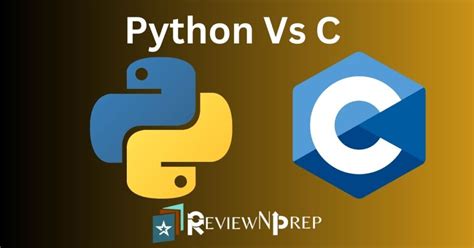In the realm of programming languages, the discussion often revolves around the trade-off between safety and speed. One of the hot topics under scrutiny is the notion of ‘unsafe’ Python and its potential for achieving significant performance boosts. While Python is renowned for its high-level abstractions and ease of use, some developers are willing to sacrifice traditional safety features for faster execution times.
The comments reflect a diverse range of opinions on the matter. From advocating for the inherent safety of Python to debating the merits of type safety and memory layouts, the community is divided on the virtues of venturing into ‘unsafe’ territory. While some emphasize the importance of safeguarding against memory corruption and type errors, others highlight the allure of improving computational efficiency through unconventional means.
Amidst the discussions, the role of libraries like Numpy and OpenCV emerges as pivotal in the quest for speed optimization. Leveraging functionalities such as ctypes and CFFI, developers navigate the nuances of memory access and stride manipulation to fine-tune performance. The article sheds light on the complexities of managing memory layout intricacies in pursuit of enhanced computational speed.
Furthermore, insights into the overlap between Python and languages like Rust and Fortran offer a broader perspective on the evolution of programming paradigms. The comparison of language features, memory representations, and performance benchmarks uncovers the intricacies of blending safety with speed in modern software development.
As the debate unfolds surrounding the use of ‘unsafe’ Python constructs, the article provokes contemplation on the future of programming languages. With innovations like Cython, Numba, and Micropython reshaping the landscape of performance-oriented coding, the tech community navigates a dynamic terrain where speed, safety, and efficiency intersect in intriguing ways.


Leave a Reply